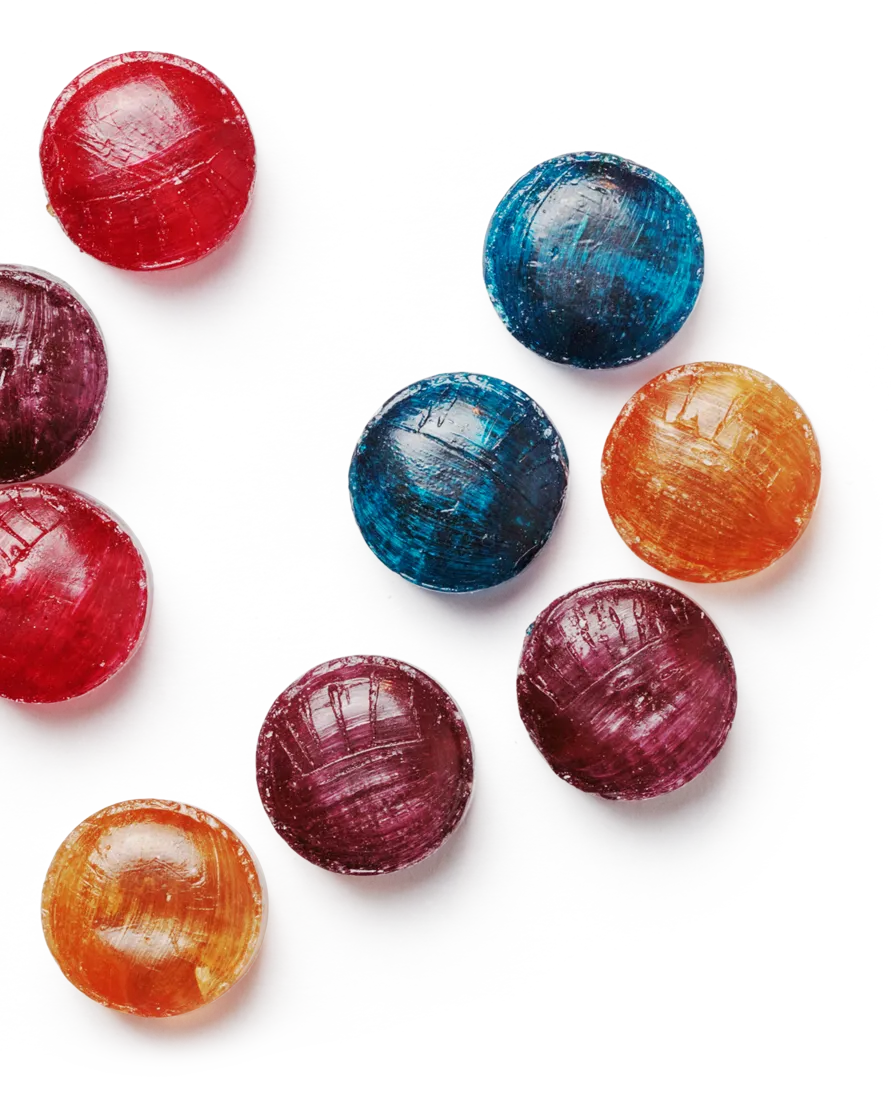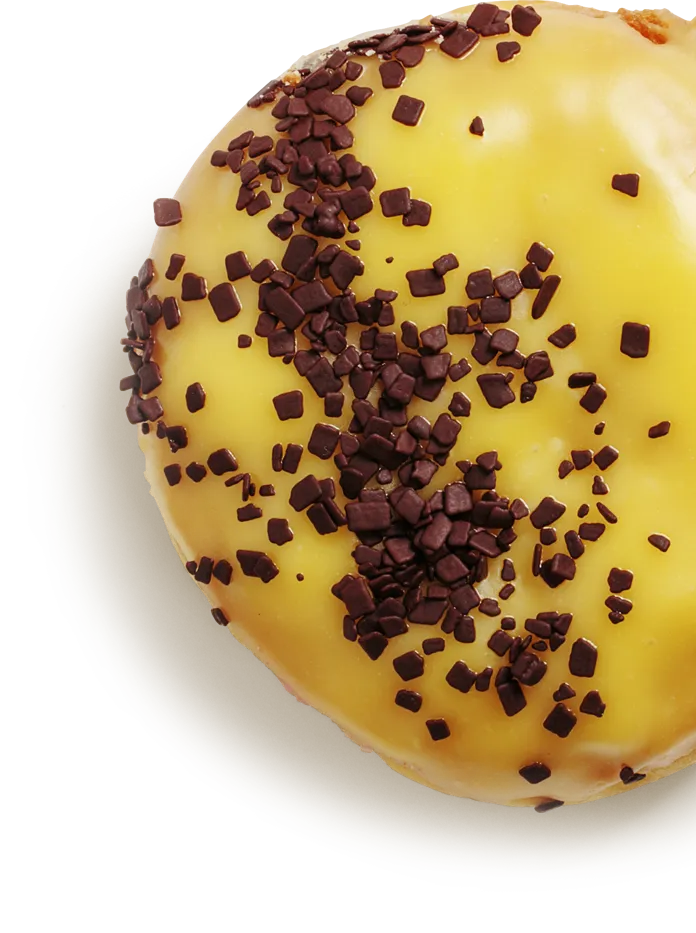

Connecticut Cottage Food Law

Where can you sell?
In Connecticut, you can sell cottage foods at fairs, festivals, farmers markets, home, online, and roadside stands.

What kinds of food can you sell?
Connecticut allows the sale of bread, candies, condiments, dry goods, pastries, preserves, and snacks.

What should be on my product labels?
Labels must include allergens, business address, business name, ingredients, net amount, product name, and a note that your product was made in an uninspected kitchen.

Is there an income cap?
There is a limit of $25,000 per year to how much a home-based vendor can sell in Connecticut. You must get a food manufacturing establishment license to exceed this amount.

Are there any special requirements?
In Connecticut, you must apply for a license before starting your business. You must take a food handler course and your home must be inspected before earning your license.

Where can I find more information?
Contact the Connecticut Department of Consumer Protection at dcp.foodandstandards@ct.gov. Learn more about Connecticut's cottage food laws here.
✉️ Subscribe to get food business growth tips, business inspiration, and event invites.
*Cottage food laws change regularly — always double check the requirements for running a home-based food business with a legal expert or your local health department.
Connecticut Cottage Food Laws
Can I Sell Baked Goods from Home in Connecticut?
Each state enforces statutes called "cottage food laws" that provide guidance for people who want to sell food from their homes. The production, marketing, and sales of processed foods are governed by individual state regulations that involve what kind of foods can be sold from home, sanitation practices that must be adhered to, and where cottage foods can be sold legally outside the home.
Selling food from home in Connecticut is permitted as long as the person abides by cottage food laws found on the Connecticut Department of Health website. For more specific answers to questions about cottage food operations Connecticut and selling food from home CT, residents should call the state's Department of Health.
Overview of Connecticut Cottage Food Industry Laws
Cottage Food Labels
All cottage food sold by individuals with a home bakery license CT must be identified by labels that contain the following information:
- Full name and street address of the cottage food operation
- Name of the food printed in either upper/lower case letters or all capital letters. Food names cannot be in all lower case letters
- List of all food product ingredients according to weight/amount in descending order (lowest food weight listed first)
- List of all sub-ingredients used in making the cottage food product. For example, simply listing "barbecue sauce" as an ingredient would not be acceptable. All ingredients used to make the barbecue sauce must be listed as well.
- Net volume/net weight of the product must also include the metric equivalent of the volume or weight.
- Allergen labeling must follow federal labeling requirements specific to food allergens. The U.S. FDA lists eight food allergens that must be printed on food labels: eggs, milk, fish, shellfish, peanuts, tree nuts, soybeans, and wheat.
- CT cottage food producers must print on labels, in ten-point type or higher, this statement: "Made in a Cottage Food Operation that is not Subject to Routine Government Food Safety Inspection".
Connecticut cottage food laws accept hand-written labels but they must be written in permanent ink and completely legible. Hand-written labels must also adhere to the font size requirements of printed labels.
What is a Cottage License? Connecticut Cottage Food License Application
To receive their cottage food license CT residents must complete the following:
- Obtain written confirmation that the location of your cottage food production area is compliant with local zoning regulations
- Complete a cottage food law food safety course that involves training in food packaging and processing. Courses accepted by Connecticut's state government are found here. Most CT community colleges offer food training and safety programs.
- Apply for a cottage food license with the Connecticut Department of Consumer Protection. There is a $50 application fee. Applicants must also provide information to the DCP about the type of food they plan to produce and sell.
- Test water supply if the water used in preparing cottage foods comes from a well or other private water source. Tests must show the water is safe to drink before the DCP issues a cottage food license.
The answer to how long does it take to get a cottage food license depends on whether all paperwork is correctly completed and the cottage food baker is in compliance with food safety program protocols. In most cases, a CT home food license is typically issued in less than six months.
Connecticut cottage food laws include special requirements regarding the use of water that comes from a well:
- Well water must be tested annually for nitrates and coliform bacteria.
- Water coming from wells at a shallow depth (less than 25 feet), missing a seal or cap, located near septic systems, or in a below-ground pit should be avoided.
Connecticut Cottage Food Law Regarding Cottage Food Business Equipment
Cottage food producers cannot use commercial equipment to make their foods. Connecticut cottage food laws state that private kitchens do not have the kind of large sinks needed to thoroughly wash and sanitize large pieces of food processing equipment.
Cottage food operators in Connecticut do not have to use refrigerators, stoves, or other food-preparing devices that do not meet NSF standards. An international organization established in 1944, the National Sanitation Foundation (NSF) establishes food equipment standards for maximizing the design, construction, and safety of all types of food equipment. Commercial food equipment often bears the stamp of NSF in accordance with certain state and federal regulations.
Connecticut Cottage Food List
According to the Connecticut Department of Consumer Protection, the following foods are potentially acceptable cottage foods that can be sold in the state:
- Candies/confections
- Bread, biscuits, and rolls
- Non-potentially hazardous cookies and pastries
- Non-potentially hazardous cakes (excludes cheesecake)
- Cookies, dessert bread, muffins, sweetbreads
- Fruit pies (excludes pumpkin pie)
- Dried fruits
- Preserves, jellies, and jams (these foods must comply with the (Standard of Identity in 21CFR150)
- Uncoated or coated nuts
- Seasonings and dry herbs
- Non-potentially hazardous granola, trail mixes, and cereals
- Popcorn, popcorn balls, and cotton candy
- Flavored and unflavored vinegar
- Roasted coffee beans
- Icing/frosting
A "potentially hazardous food" is an edible item that requires temperature-controlled environments and specific cook times to prevent the growth of pathogenic microorganisms in the food. Cheesecake is excluded as a non-potentially hazardous food because it contains cream cheese, a dairy product that spoils quickly and can cause food poisoning.
Connecticut considers canned or cooked fresh vegetables as potentially hazardous foods since cooked vegetables are a combination of acidified food and low acid. Cooked vegetables are "ineligible" for being produced and sold under any new Connecticut cottage food law.
For individuals with a cottage food operator permit CT can immediately pull their license if the food operator is found to be selling ineligible or hazardous foods.
Buttercream Frosting Regulations
Connecticut cottage food laws have strict guidelines regarding the use of buttercream frosting. Approved buttercream frosting:
- Must be commercially prepared, store-bought frosting that is already shelf-stable.
- Be tested by a laboratory for water and pH activity
- Consist of nonperishable, shelf-stable ingredients such as sugar, shortening, food coloring, and commercially made meringue powder
- Must have all ingredients listed on the product's primary label and reviewed by the appropriate Connecticut department. Buttercream frosting that is found to contain unacceptable ingredients must be tested to show that the product is non-potentially hazardous.
Where Can Connecticut Cottage Food Producers Sell Their Products?
Yes, the online sale of cottage foods is legal in Connecticut. Producers can also advertise and accept orders online, but they must deliver products directly to consumers living within the state of Connecticut. Accepting orders and delivering cottage food items must be a person-to-person transaction. Connecticut cottage food laws forbid the delivery of cottage foods via USPS mail, FedEx, UPS, mobile-food ordering businesses, or any other third-party delivery service.
It is illegal for CT cottage food operators to sell their products to wholesalers, distributors, or brokers who intend to resell their products.
Free samples of cottage food products can be legally served as long as the producer has approval from their local health department.
Individuals with a CT cottage food operator permit cannot sell goods in restaurants, grocery stores, daycare facilities, long-term care/nursing home facilities, or schools.
Keeping Accurate Records as the Owner of a Cottage Food Business in Connecticut
The importance of maintaining detailed records cannot be understated. If someone is sickened by cottage food, state inspectors will investigate the seller of that particular cottage food. A cottage food baker should always keep accurate records of the following:
- Recipes used to make cottage foods
- Ingredients used to make cottage foods
- Step-by-step processes involved in making individual cottage foods
- Date each cottage food was made and packaged (canning date)
- Date each cottage food item was sold
- Who cottage foods were sold to (name, address, contact information)
- Location information where the cottage food producer personally handed the product to a buyer (street name, residential home number)
- Sales receipts of all transactions
- Results of pH tests
Connecticut caps the amount a cottage food producer can earn annually at $25,000. Depending on how a person's cottage food business is structured, a "Doing Business As" (DBA) may be needed. Some local municipalities may require a DBA as well. The business start-up tool provided by the CT Secretary of State would be the place to start the process of obtaining a DBA.
DBA is also called "Fictitious Name Filing" because it indicates a business is operating under a name different from the business owner. For example, if Mary Hill is operating her cottage food business as " Susie's Sweets", she should file as a DBA. In other words, the legal name of the company is Mary Hill's Cottage Foods but she wants to advertise as Susie's Sweets.
Connecticut cottage food producers can file for a Trade Name Certificate (DBA) here.
Connecticut Cottage Food Law Taxes
The CT Department of Consumer Protection doesn't collect tax information from cottage food business owners. However, all businesses operating in the state of Connecticut must fill out a Business Taxes Registration Form and mail it to the CT Department of Revenue Services.
Reasons for filing a Business Taxes Registration Form include:
- Opening a new business
- Selling items at flea markets, craft shows, or over the Internet
- Changing the address/location of your business
- Reopening a business that was previously closed
- Purchasing an existing business
Cottage Food Law Sales Tax: Do I Need to Charge Sales Tax on Baked Goods?
Yes. Currently, the sales tax on cottage foods is 7.35%. Connecticut defines taxable meals as "food and beverages sold for human consumption at the seller's location and food products sold in form/portions that are ready for immediate consumption near or at the seller's location".
Liability Insurance for Cottage Food Producers
While not required by law, liability insurance for producers in the cottage food industry is essential for protecting the producer from potentially expensive legal issues. Liability insurance helps pay for damages arising from lawsuits involving contaminated food, customers suffering allergic reactions to unlisted allergens, and other types of third-party injuries. Alternately, product liability insurance covers the cost of replacing equipment used in the process of making and packaging cottage foods.
How Do Connecticut's Cottage Food Laws Compare to Other States?
According to a recent review of cottage food laws in the U.S. by Harvard Law School's Food Law and Policy Clinic, state food cottage laws vary significantly with several exceptions. For example, most food cottage laws provide a list of permissible food products, have clear rules where cottage food products may be sold, and require licenses and/or permits to operate a cottage food business. Other standardized laws include labeling regulations and revenue caps that determine when the owner must relocate to a commercial facility.
Build a websitefor your food business
Castiron makes it easy to start selling your homemade food online. No coding or design skills required.
Start 14-day free trialNo Credit Card Required
